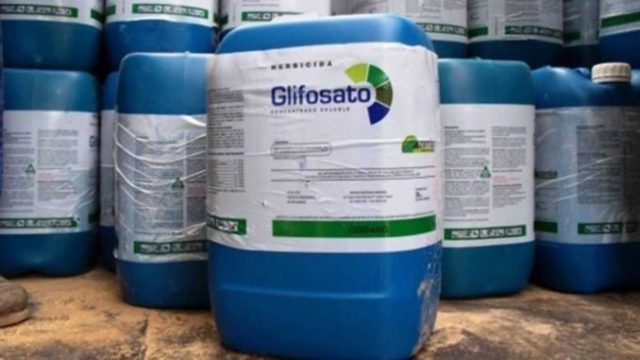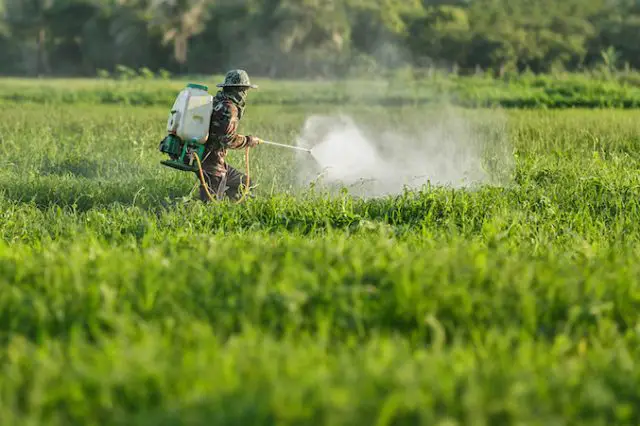The use of herbicides with glyphosate presents antagonistic positions. On the one hand, the marketing companies make a defense of the product; on the other hand, the environmentalists attack it.
The Ombudsman’s Office consulted the Ministry of Health on the possibility of withdrawing the product in the event of possible harm to people’s health. Diseases associated with it are cancer, Parkinson’s disease, and kidney diseases.
The chemical was developed for the removal of herbs and shrubs and the plants absorb it by the leaves instead of the roots. A news site spoke with Bill Reeves, an expert from the Bayer Group, who explained that glyphosate is the ingredient that kills weeds.

Reeves said that the analysis of the scientific literature should be carried out accompanied by a set of information of a technical nature; to which he added that the potential for side effects is part of the risk assessments carried out by governments before approving the product in the market.
He added that some of the claims are unreliable because the same results cannot be produced in another laboratory. “It is more relevant for those who produce it than for the user, but there is information about kidney disease, cancer, nerve damage. All these aspects have been analyzed and we have a lot of data on this and the regulators, when they see these studies, conclude that they are not reliable, that the product can be used safely without the side effects”, he argued.
The Bayer expert emphasized that laboratories work so that the affectation is as little as possible to the people who have to manipulate the product.
Environmental Version
The Federation of Ecologists for the Conservation of Nature (Fecon) affirmed that the International Agency of Researchers on cancer demonstrated, since 2015, that glyphosate is carcinogenic. This group added that the conclusion came from the evaluation of academic and scientific studies that corroborate the version that there were malformations.
According to data from Fecon, glyphosate represents the 3rd largest agrochemical in the country, a year enter more than 1,500 kilograms of the active ingredient of technical grade.

Henry Picado, president of Fecon, said that Bayer’s business is threatened by global criticism of the herbicide based on scientific evidence that affects human health.
“In Costa Rica, we have more than 800 people suffering from chronic renal failure in the Guanacaste area due to the exposure of water with arsenic. There is also scientific evidence that arsenic is directly related to glyphosate, at least in other parts of the world. Thus, in Costa Rica, there is still no robust research linking or discarding this relationship of renal failure with glyphosate, but we should apply the constitutional principle to this type of threat”, he affirmed.

